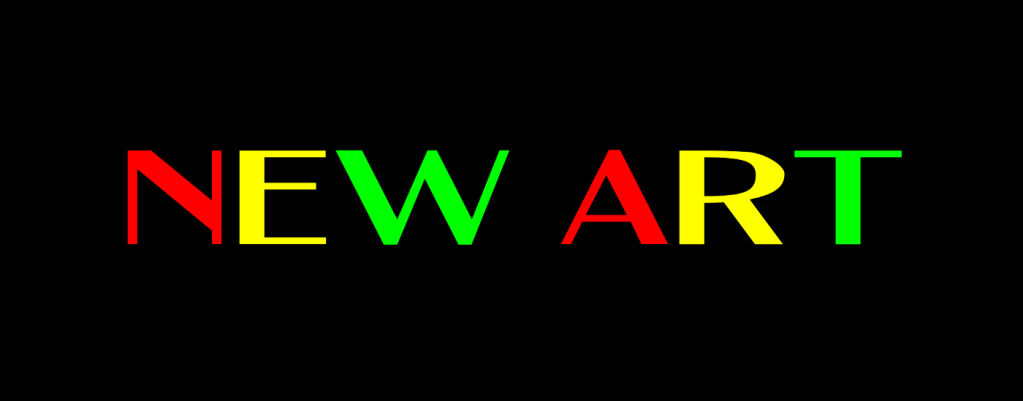The Inside Game of AI
WHILE BOTH the literary establishment and the broader lit-mag world dawdle, tech bros are investing large sums of money toward the goal of taking over the publishing world– as outlined in THIS hair-raising article about a company called Inkitt. The article doesn’t give the entire story: that the chief Venture Capitalist backing the project, billionaire Vinod Khosla, co-founded Sun Microsystems decades ago and went on to invest in, and make a fortune from, several enormous tech projects since. Now he’s looking for new territory to conquer. His current target: the literary world.
WHAT’S HAPPENING
What’s happening is an ongoing accelerationist blitzkrieg, fueled by billions in VC money. The goal: to take over industry after industry, using the tool of AI. “Move fast and break things” has long been the tech mantra– to spread the use of new technology as quickly as possible, allowing momentum itself to bypass slow-moving regulations and protests. To make adoption of the technology an accomplished fact.
MEDIA INFRASTRUCTURE
A large advantage tech companies have over traditional publishers– not to mention over low-rent literary outfits like New Pop Lit— is a tech media infrastructure in place ready to make PR noise about everything done by technology companies, large and small. This particular story about Inkitt, for instance, was covered not just by Tech Crunch, but also by dozens of other tech media outlets– coverage a standard small press outlet would never receive. In addition, business media flagships like Fortune Magazine are now devoting a huge amount of time and space to everything AI related, and are in business arrangements with AI companies, pumping onto social media outlets, like X, ads disguised as news articles.
How do poorly-funded literary outfits compete? We need to find ways to compete.
PRODUCER-DRIVEN ART
The goal, as outlined with the Inkitt strategy, is to model the literary business on what happened to the music industry, where creators aren’t artists themselves, but producers, who use computer technology to create the superstructure of a song, with an artist’s voice one of several tools layered into the recording. (With AI, a real human voice will no longer be required.) This process is well described by John Seabrook in his book, The Song Machine: Inside the Hit Factory. The key figures in Seabrook’s narrative are two producers who created the careers of pop stars Britney Spears, Katy Perry, Rihanna, and many others: Dr. Luke and Swedish-born Max Martin. They set a pattern that was followed by other entrepreneurs– and taken to extremes by South Korean Lee Soo-man’s SM Entertainment Company, creator of enormously successful K-Pop music. According to the Wall Street Journal, SM spends $3 million on meticulously training and molding each manufactured pop idol. The singers play their parts, but the music and presentation are the carefully-choreographed products of a billion-dollar entertainment company which calls all the shots.
This is a far cry from a Bob Dylan writing his own songs, then performing them himself with only an acoustic guitar and a harmonica.
Is this the future of the writer? To provide a name, face and semblance of a novel– then the tech corporation does everything else? A world of difference from the DIY ethos of print zines, and of the Underground Literary Alliance, which in the early 2000’s constructed the foundations of a cooperative literary movement in which writers themselves would make all decisions and be in total control of their own art; of every aspect of the publishing and promotional process.
WHAT HAPPENS NEXT?
IF outfits like Inkitt are successful, one can expect that Big Five publishing will either mimic the strategy of new AI publishers, or buy them out. Then there are “self-publishing” (vanity press) outfits like Mindstir Media. Mindstir, whose packages for would-be authors with money to burn range from $3299 to $30,000, already uses AI voices for their customers’ audio books. Will they also begin using AI for the editing/creation of the books themselves, in order to inexpensively grab more customers?
In any case, the market will be swamped by more and more AI-generated books, with plots and characters following the dictates of algorithms. Computer-programmed literature for a computer-programmed world, human beings used as both tools and consumers, a handful of giant corporations run by mega-billionaires making all profits.
Alternatives need to be found for this nightmare scenario. We believe the only viable alternative for human creators to follow will be human-centered– drawing on our human souls and natural abilities to create literary works more relevant and meaningful than anything produced by inhuman bots and soulless conglomerates.
-Karl Wenclas
























